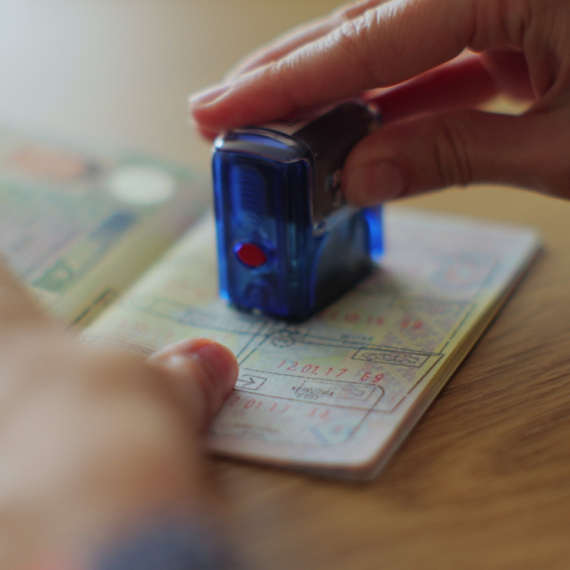Puberty Blockers for Trans Kids: Scientific Dilemma or Ethical Chaos?
Is it right to give puberty blockers to transgender kids? This question splits doctors, parents, and scientists worldwide. Although transgender people make up less than 1% of the global population, about 16 million suffer from gender dysphoria — a deep internal conflict pushing them toward gender transition. For many young people, the first step in this journey is puberty blockers.
But is it wise? The scientific basis for this therapy is thin, and a new Dutch study brings the first, but far from final, results. The study followed about 70 people who started puberty blockers around 14 years ago. The result? Their sexual satisfaction in adulthood is not significantly different from those who went through natural puberty.
Endocrinologist Ahim Visthof from Hamburg finds the results encouraging but warns that transgender people already face many challenges regarding sexuality. On the other hand, critics like Florian Cepf from Jena argue the study has serious methodological flaws — small sample size, unclear separation of effects from blockers, hormone therapy, and surgeries.
Georg Romer, a psychiatrist working with trans youth, points out that sexual satisfaction problems are more common in those who started hormone therapy only after natural puberty, which could argue for earlier intervention.
Still, long-term and larger studies are needed. Meanwhile, doctors and parents remain stuck in a dilemma: help kids escape suffering with early intervention or wait, risking worsening problems?
This topic is not just medical but deeply ethical and social. How to balance a child’s right to self-determination with the need for safe, scientifically proven therapy? While science seeks answers, debates rage on. What do you think about puberty blockers? A lifeline for trans kids or a dangerous gamble with their future? Drop a comment and let your voice be heard in this fiery debate!
Key facts:
- Transgender people make up less than 1% of the global population (~80 million)
- About 16 million suffer from gender dysphoria
- Dutch study followed 70 people who used puberty blockers
- Sexual satisfaction not significantly different from those who had natural puberty
- Criticism of study methodology and small sample size
Conclusion: Science is just beginning, and the dilemma remains. Puberty blockers might be the key to a happier future but also a potential risk without enough evidence. Join the conversation — this topic won’t solve itself.















































